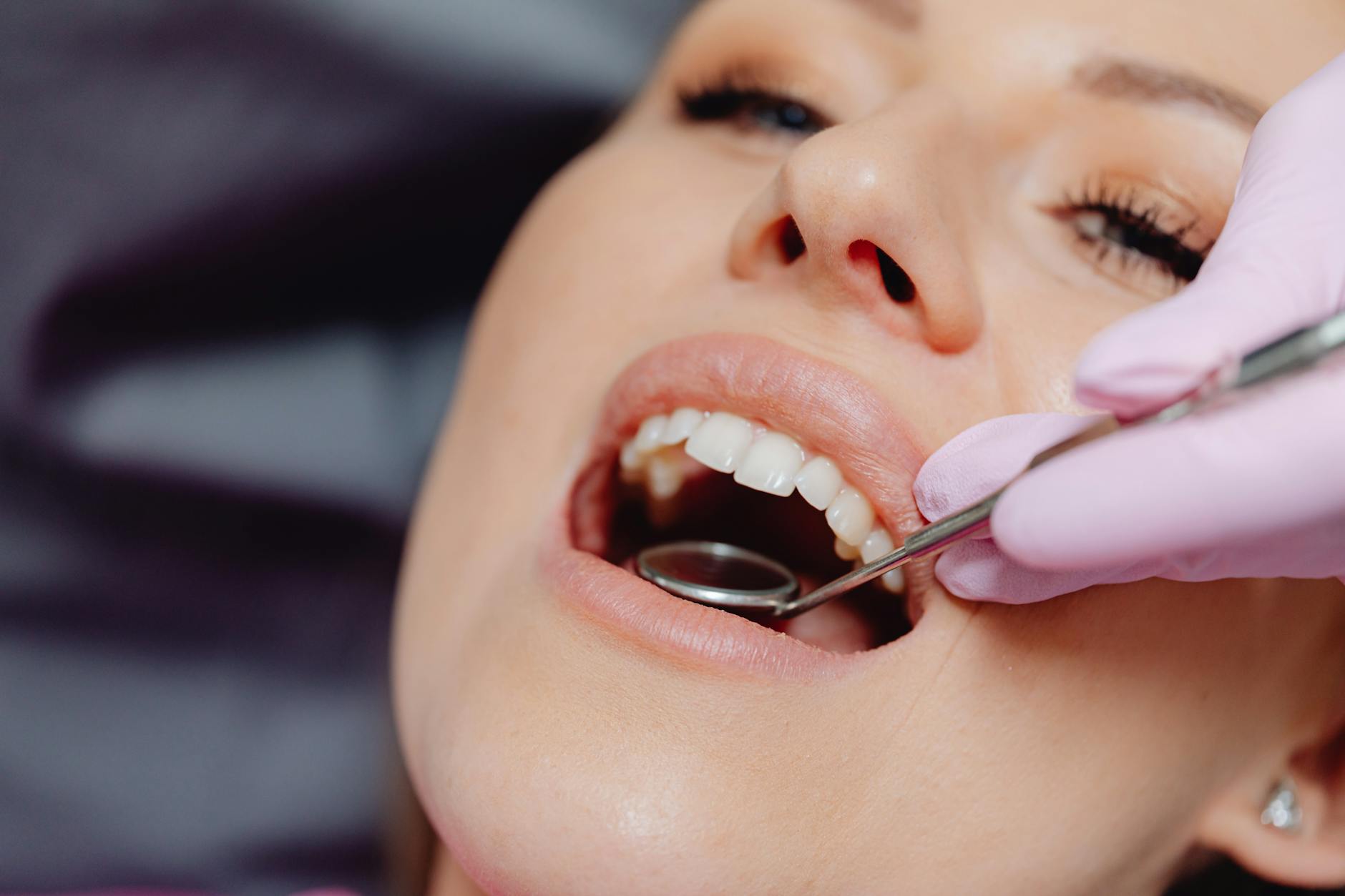
It’s not the sharp kind. Not even a sting. Just a shadow behind your bite. A twinge when you sip something cold. It doesn’t stop you, not yet. But it’s there. Lingering. Hiding. Waiting. You tell yourself it’s nothing. Maybe just a nerve being dramatic. But deep down, you remember. You haven’t gone in months. Maybe years.
You stop chewing on one side without noticing. Just in case.
A toothbrush only tells part of the story
You brush. Sometimes you floss. You swirl the mouthwash. It feels clean. But that minty freshness doesn’t mean healthy. It just means masked. There’s no mirror that shows bone loss. No flavor that screams infection. You think you’re doing enough. But plaque builds in places toothbrushes can’t reach.
You can’t see what’s decaying until it starts to ache.
The quiet becomes dangerous
No pain doesn’t mean no problem. Cavities don’t scream at first. Gums don’t beg for attention until it’s almost too late. They bleed quietly. Recede silently. Infection doesn’t knock before entering. It spreads. And you don’t feel it—until you do. By then, it’s no longer a simple fix.
Early detection isn’t flashy. But it saves teeth.
You lose more than enamel
Missing one cleaning turns into missing five. A year disappears. You laugh it off. You say you’ve been busy. But your mouth remembers. Breath shifts. Gums swell. Teeth wiggle ever so slightly. You avoid apples. Then crusty bread. You chew slower. Then softer. You don’t call it pain. But you avoid it.
You adapt to damage before you admit it’s there.
Smiles fade without noise
You stop smiling in photos. Not because you’re unhappy. But because you’re unsure. One tooth feels darker. A corner turns yellow. Your lips hide more than they show. You zoom in on selfies more than before. Not vain. Just cautious. Your smile becomes something you adjust, not celebrate.
Confidence doesn’t vanish overnight. It fades like forgotten appointments.
The chair becomes scarier the longer you stay away
You imagine drills. Needles. The sound. The cost. The scolding. But none of those happen if you go early. A regular checkup doesn’t hurt. Avoiding one does. The fear grows in absence, not presence. Most visits are cleaning, not crisis. Most dentists just want to help, not judge.
It’s the silence that builds fear, not the visit.
A small cavity turns into a crown
You tell yourself it’ll go away. Maybe the sensitivity is temporary. You Google it. You try clove oil. Gum. Even different toothpaste. But decay doesn’t pause. It deepens. The fix becomes longer. Pricier. Scarier. What was once preventable becomes permanent.
You pay more later—for something you could’ve stopped earlier.
Gums whisper before they scream
They bleed when you floss. So you stop flossing. They swell after you brush. So you brush lighter. Your habits shift in reaction. But your gums don’t heal from neglect. They pull back. They reveal roots. Sensitivity grows. You eat less citrus. Drink fewer cold drinks.
You adapt again—until eating feels like calculation.
Cleanings remove more than plaque
They clear out buildup. But also guilt. And worry. They stop what you can’t see. What you don’t feel yet. They reset your mouth. Your confidence. Your breath. They let you walk away feeling lighter. Not just cleaner. One visit undoes months of unknowns.
A cleaning isn’t cosmetic. It’s maintenance of more than just teeth.
Your body remembers your mouth
Heart. Lungs. Gut. They all feel it. Bacteria from infected gums travels. Inflammation doesn’t stay localized. Medical charts link teeth to organs. Neglected mouths can trigger distant alarms. But you don’t feel that connection. Not until your doctor asks about bleeding gums.
Mouth health echoes beyond smiles.
You teach habits by showing up
Kids watch more than they listen. They see if you go. If you make it matter. Skipping your appointment becomes their excuse. Showing up becomes their habit. Regular becomes normal. Fear dissolves when it’s routine. Avoidance becomes less attractive when they see your calm.
You normalize prevention by doing it.
Insurance doesn’t wait for emergencies
Most plans cover cleanings. Not surgeries. Prevention is cheaper. Simpler. Less scary. But we avoid what doesn’t hurt. We ignore what feels “fine.” Until it’s not. Until the cost triples. Until it’s no longer a checkup—it’s a procedure. A payment plan. A regret.
Waiting makes care more expensive—always.
The calendar becomes the cure
It’s not urgent. But it’s necessary. Add it to your planner. Set reminders. Book it like you would a flight. A dinner. A haircut. Because your mouth deserves that level of priority. Not just when it breaks. But to keep it whole.
Showing up twice a year saves what ignoring ruins.
